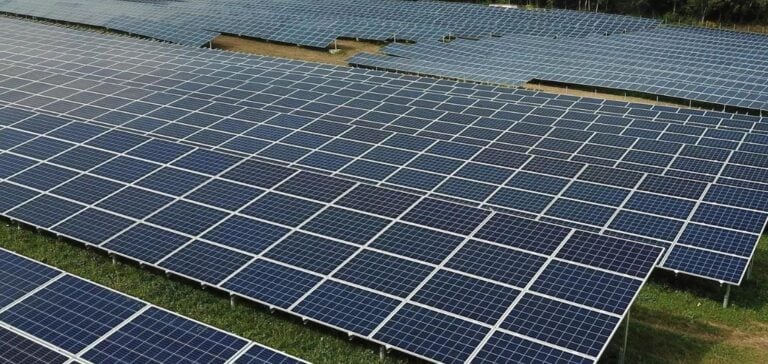Increased production of renewable energies, particularly solar and wind power, is behind the rise in negative price hours on the electricity market.
In France, at the end of June 2024, there were already 235 hours of negative-price generation, surpassing the record set in 2023.
At the same time, the French Senate wishes to limit the price of electricity in France for household domestic use, following a significant rise of 10% in the summer of 2023.
This phenomenon occurs when supply greatly exceeds demand, particularly during periods of low consumption.
The spot market, where electricity is traded for the following day, saw prices plummet to -87 euros/MWh in France and -400 euros/MWh in Switzerland this summer.
This trend is accelerating due to the unexpected drop in demand in Europe since the Covid-19 pandemic and the war in Ukraine.
Periods of intense production, particularly at midday in summer, coincide with peaks in solar output, exacerbating the situation.
The Consequences of Negative Prices
Negative prices can benefit end consumers by moderating their bills, although the impact is often delayed and masked by other factors.
Industrial customers, especially those with flexible consumption patterns, can optimize their consumption to benefit from low prices.
However, for electricity producers, negative prices signal an imbalance on the grid, prompting them to reduce or halt production.
Renewable park operators can quickly adjust their production, but not all do so, due to production contracts that do not necessarily encourage them to do so.
Some producers are compensated by the state if their guaranteed price is not reached, which can limit their responsiveness to price signals.
Challenges for Renewable Energies
The increase in negative price hours poses a major problem for the renewable sector.
It feeds a critical discourse that says renewables aren’t useful, a damaging argument at a time when it’s crucial to accelerate the energy transition.
According to the COP28 agreement, it is essential to triple renewable capacities by 2030 to limit global warming to 1.5°C.
Strategies for Maintaining Balance
The International Energy Agency (IEA) is calling for greater flexibility in supply and demand to respond to the recurrence of negative prices.
This means making renewable energies more controllable and increasing electricity storage capacity.
It is also necessary to stimulate demand by giving consumers financial incentives to shift their consumption to periods of overproduction.
Renewables will also have to play a greater role in balancing the power system, just as fossil and nuclear power plants do today.
The crucial question remains why electricity demand is not growing as fast as production capacity.
Conflicting signals, such as those concerning the ban on new combustion-powered cars in 2035, add to the confusion.
The challenge of electricity overproduction underlines the need for rapid adaptation of the sector to maximize the benefits of renewable energies while ensuring a constant balance on the grid.






















